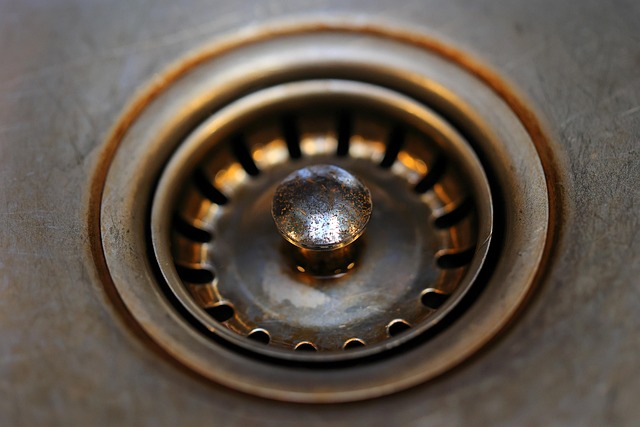TL;DR:
Common drain issues like clogged drains can be easily identified through observable plumbing signs such as slow drainage, complete blockages, unusual noises, water backing up, and persistent bad odors. Regular maintenance involving preventive measures (e.g., drain covers) and avoiding clog-causing substances (e.g., grease) is crucial to avoid costly repairs. Built-up debris like hair, grease, and food scraps are leading causes of drainage problems, and observing debris accumulation can help pinpoint the extent and location of clogs.
Is your drain acting up? It might be trying to tell you something. Ignoring drain issues can lead to bigger, costlier problems down the line. Understanding common causes like clogs, debris buildup, and more is key. This article uncovers 10 subtle signs of a clogged drain you can’t afford to miss. From persistent slow drains to unusual odours, these indicators highlight when it’s time to act. Learn when DIY cleaning isn’t enough and why professional plumber intervention is crucial for severe drain issues.
- Understanding Common Drain Issues
- – Identifying typical causes of drain clogs
- – The role of built-up debris and what it indicates
Understanding Common Drain Issues

Many common drain issues can be easily identified by paying close attention to your plumbing system. Understanding these signs is crucial for prompt action, preventing more severe problems, and costly repairs. Among the most prevalent are signs of a clogged drain, which often manifest as slow drainage or complete blockages. Other indicators include unusual noises, such as banging or gurgling sounds, coming from drains; water that backs up into sinks or showers; and persistent bad odors emanating from drains. These issues can be caused by various factors, including built-up grease, hair, soap scum, or foreign objects that find their way down the drain. Regular maintenance and immediate attention to these signs of a clogged drain are essential for keeping your plumbing in top condition.
– Identifying typical causes of drain clogs

Many homeowners often overlook the subtle signs that their drains are trying to communicate – until it’s too late and a full-blown clog takes hold. Identifying typical causes of drain clogs is the first step in maintaining smooth flowing waterways within your home. Clogs aren’t always caused by grease, food scraps, or hair (although these are common culprits). Sometimes, it could be an accumulation of soap scum, mineral deposits, or even tree roots that have made their way into pipes.
Pay attention to recurring slow drainage, strange smells emanating from drains, or water backing up in sinks and toilets. These signs may seem harmless enough, but they often indicate a more significant issue down the line. Regular maintenance, like using drain covers, cleaning with natural enzymes, and avoiding pouring grease down the sink, can help prevent clogs. By being proactive, you’ll save time, money, and potential damage to your plumbing system – not to mention the peace of mind that comes from knowing your drains are in tip-top shape.
– The role of built-up debris and what it indicates

Built-up debris is a common culprit behind many drainage issues, particularly those that manifest as signs of a clogged drain. Over time, hair, grease, food scraps, and other organic matter can accumulate in pipes, forming clogs that prevent water from flowing smoothly. This buildup isn’t just unsanitary; it’s also a clear indicator that your drains need attention. The type and amount of debris can give you clues about the extent of the problem and where it might be located within your plumbing system. For instance, a significant accumulation near the sink or bathtub may suggest regular improper disposal of items like grease or hair, while a sudden gurgling noise could point to a partial clog that’s allowing water to back up momentarily before flowing again.
If you’ve noticed any of these signs of a clogged drain, don’t ignore them. Addressing drain issues early can prevent more serious problems and costly repairs. Regular maintenance and being mindful of what goes down your drains can help keep your plumbing system running smoothly. Remember, paying attention to these subtle clues is the first step towards keeping your drains healthy and efficient.
